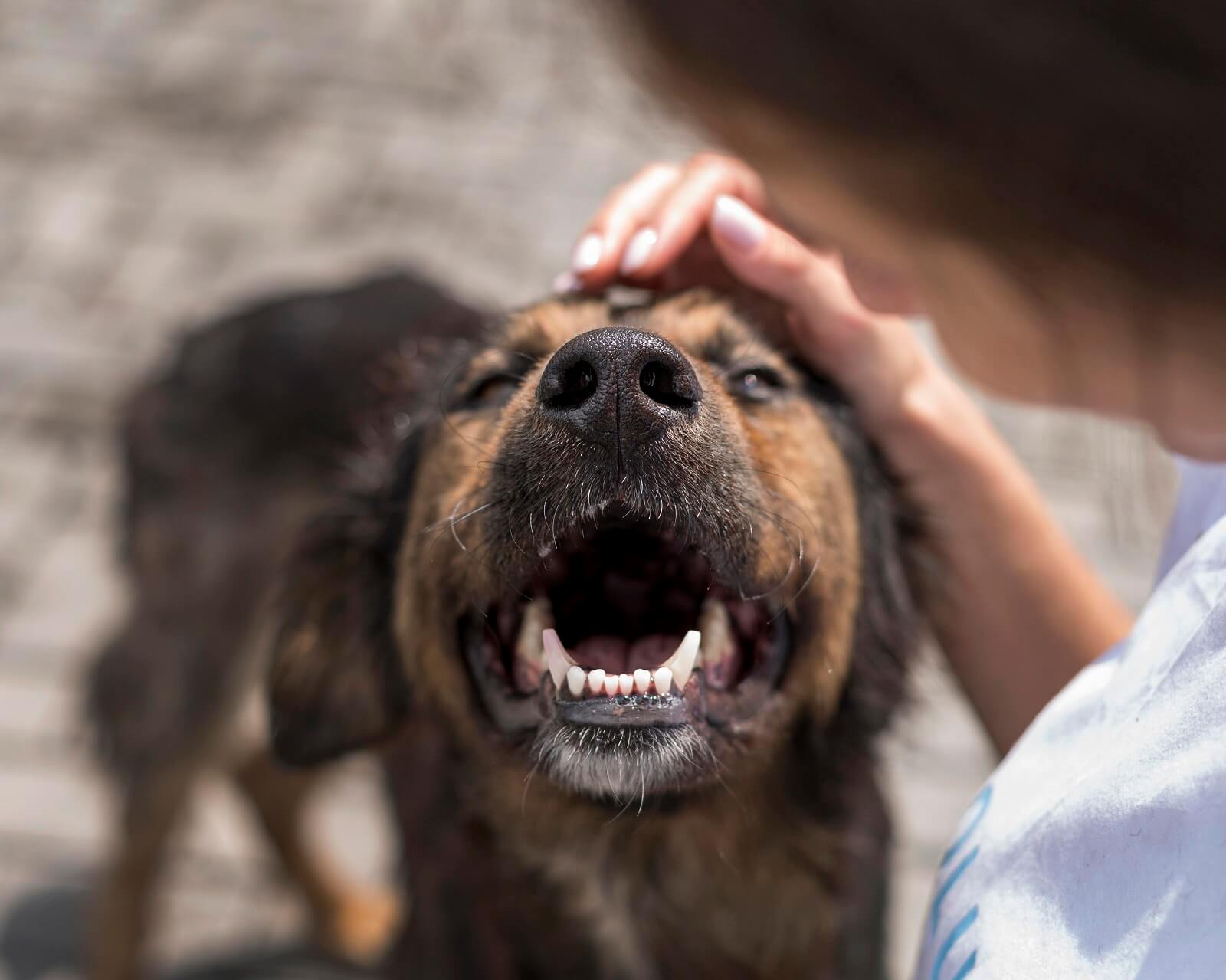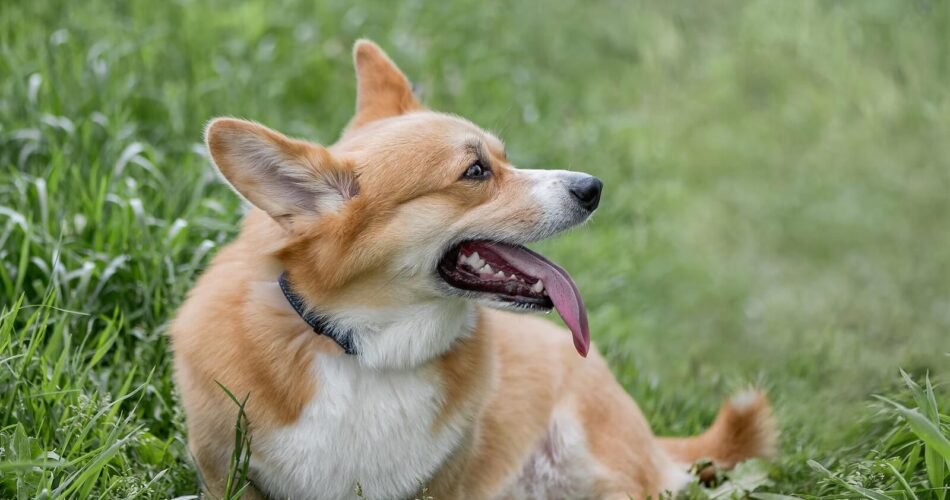Taking care of young puppies is a demanding task in terms of both time and money. Not to mention the amount of responsibility it takes to raise puppies. When faced with the challenge of taking care of pups, we constantly monitor them and carefully observe any changes in their behavior and overall well-being.
One common question most pup caretaker asks themselves is, why is my puppy breathing fast? There are several possible causes of an increased breathing rate. Some causes are normal (physiological), while others are abnormal (pathological) and require prompt veterinary attention.
The medical term indicating fast breathing is tachypnea.
How do puppies sleep?
Young puppies are pretty much like human babies. Their daily schedules consist of three activities – sleeping, eating, and eliminating. The sleeping part takes up most of the day. However, puppies do not sleep so much out of the fun. Young puppies need to sleep so they can properly grow and develop.
Unlike adult dogs, pups are not so prone to calm, deep sleeping. Namely, pups are more likely to whine, twitch, jerk, or even bark while sleeping. At such moments it is entirely normal for them to start breathing faster, slower, or shallower than expected. If you are wondering why is my puppy breathing so fast while sleeping, the answer might be – just because it is a puppy.
Why puppies breathe fast – normal causes
Here are the most common physiological causes of why is your puppy breathing so fast.
Dreaming
Wondering why is your puppy breathing so fast? Well, just like us, puppies dream and when they dream, if scared or excited, they may start breathing faster than normal.
Warm environment
Puppies have underdeveloped centers for body temperature regulation. If feeling too warm, they may try to cool off by breathing faster – or panting. Panting is in fact a defense mechanism against warm environments. Panting in dogs is the equivalent of sweating in humans.
Stress
As fragile creatures, puppies are very sensitive to changes in their environment. If stressed or even slightly anxious, puppies may start to breathe faster and shallower.

Over-exertion
Puppies are often described as furry, energy balls. They are highly active but get worn down easily. Too much physical activity is likely to trigger an increased breathing rate. We experience the same phenomenon.
If your puppy is breathing fast, here are several ways you can help it.
Why puppies breathe fast – abnormal causes
Here are the most common pathological causes of why is your puppy breathing so fast.
Anemia
Anemia occurs when the number of red blood cells is too low to carry the normal amount of oxygen. Consequently, the organism is pushed into faster breathing as a compensatory mechanism.
Heatstroke
A pup exposed to high environmental temperatures is likely to suffer heatstroke. As a defense mechanism, to cool down the pup may start to pant. When a pup pants, it can take as much as 400 breaths per minute. If the reason why is your puppy breathing so fast is heatstroke, take it to the vet as soon as possible.
Heart failure
The term heart failure indicates the heart’s function is impaired to the point it cannot pump enough blood. If the heart cannot keep up with the blood and oxygen demand, the pup will start to breathe faster in a compensatory effort.
Garlic and onion poisoning
Garlic and onion are poisonous to dogs. If eaten, they cause anemia, which consequently is followed by an increased heart rate. However, if eating garlic or onion is the reason why is your puppy breathing fast, the puppy will also show symptoms like vomiting, diarrhea, and drooling.
Fluid in the lungs
It is normal for puppies to have a small amount of fluid in their lungs. However, if due to an underlying disease, the amount increases, fast breathing is likely to develop. Other signs include pale or blue mucous membranes and low body temperature.
How can you count your pup’s breathing rate?
To determine your pup’s breathing rate just count its chest movements. You can count the number of chest movements in 15 seconds and then multiply the number by 4. That way you will get the number of breaths per minute.
Alternatively, if you cannot see the movements well, you can put your finger in front of the pup’s nose and feel the air that comes out during breathing out.
What is considered fast breathing in pups?
In puppies, the normal breathing rate is between 15 and 40 breaths per minute. It should be noted that adult dogs have lower breathing rates – varying between 10 and 30 breaths per minute.
So, generally speaking, although young pups breathe faster than adult dogs if your pup’s breathing rate is higher than 40 breaths per minute you might want to ask yourself why is your puppy breathing so fast.

Conclusion
We have reviewed the most common answers to the question – why is your puppy breathing so fast. Some of them are considered normal while others are indicative of an underlying issue. Knowing both categories is important for being able to differentiate and take proper correction steps.
Fortunately, in most cases the reasons why puppies breathe so fast are completely normal and nothing to be worried about. However, if there is an underlying problem, it is of paramount importance to see your trusted vet as soon as possible. It is also highly advisable to consult with the vet if you are not sure why is your new puppy breathing so fast.

